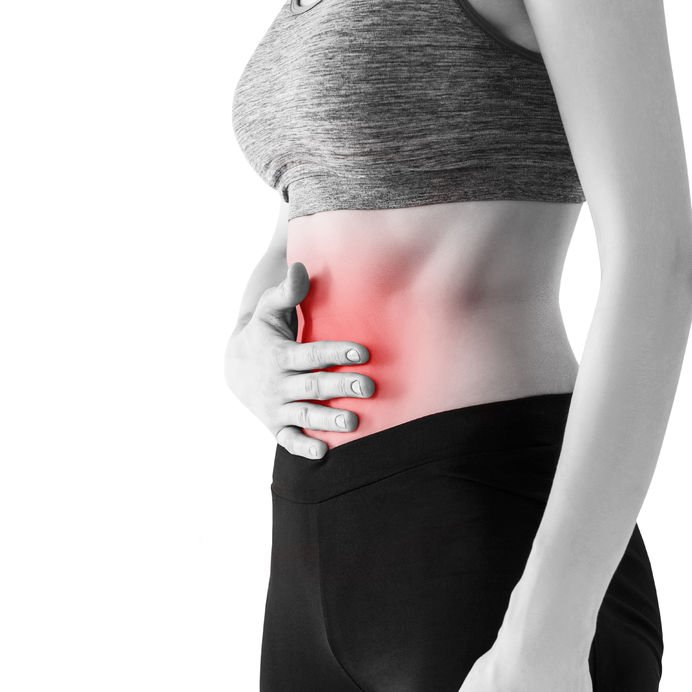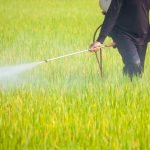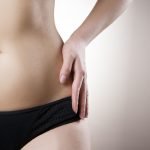A new study recently showed potentized estrogen to be more effective than placebo in the treatment of endometriosis-associated pelvic pain (EAPP). Endometriosis is a difficult and complicated condition to diagnose and treat, with many women suffering from pain and abnormal uterine bleeding for years before an accurate diagnosis is found. Once a diagnosis is arrived at, treatment is often unsuccessful, leaving both patients and physicians searching for potential new solutions. Homeopathic preparations have a long-standing history of effective and efficient treatment of all sorts of complicated conditions; endometriosis is no exception.
Potentized Estrogen Study
In a randomized, double-blind, placebo-controlled study, potentized estrogen was evaluated over a 24-week period of time.1 Fifty women aged 18-45 were included in the study. They all had the diagnosis of deeply infiltrating endometriosis based on MRI or transvaginal ultrasound with visual analogue scale score of equal to or greater than 5 (VAS: range 0-10) for endometriosis-associated pelvic pain. Potentized estrogen in strengths of 12cH, 18cH and 24cH or placebo were administered twice daily (orally). The primary outcome measure was ‘change in the severity of EAPP as measured by the global and partial VAS scores from baseline to week 24’; five modalities of chronic pelvic pain were taken into consideration: dysmenorrhea, deep dyspareunia, non-cyclic pelvic pain, cyclic bowel pain, and cyclic urinary pain. A secondary outcome measure was quality of life, assessed through SF-36 Health Survey Questionnaire, Beck Depression Inventory (BDI), and Beck Anxiety Inventory (BAI).
Study Results
Results from the study showed that the potentized estrogen group had significantly decreased EAPP global scores, as well as reduction in 3 of the 5 EAPP modalities: dysmenorrhea, non-cyclic pelvic pain, and cyclic bowel pain. The potentized estrogen group also showed improvement in 3 of 8 SF-36 domains – bodily pain, vitality, and mental health – and depression symptoms. The placebo group did not show any significant improvement in any areas.
Conclusion
The conclusion of the study was that potentized estrogen at a dose of 3 drops twice daily for 24 weeks was significantly more effective than placebo for reducing endometriosis-associated pelvic pain.1
Source
- Teixeira MZ, Podgaec S, Baracat EC. Potentized estrogen in homeopathic treatment of endometriosis-associated pelvic pain: A 24-week, randomized, double-blind, placebo-controlled study. Eur J Obstet Gynecol Reprod Biol. 2017;211:48-55.
 Node Smith, associate editor for NDNR, is a fifth year naturopathic medical student at NUNM, where he has been instrumental in maintaining a firm connection to the philosophy and heritage of naturopathic medicine amongst the next generation of docs. He helped found the first multi-generational experiential retreat, which brings elders, alumni, and students together for a weekend campout where naturopathic medicine and medical philosophy are experienced in nature. Three years ago he helped found the non-profit, Association for Naturopathic ReVitalization (ANR), for which he serves as the board chairman. ANR has a mission to inspire health practitioners to embody the naturopathic principles through experiential education. Node also has a firm belief that the next era of naturopathic medicine will see a resurgence of in-patient facilities which use fasting, earthing, hydrotherapy and homeopathy to bring people back from chronic diseases of modern living; he is involved in numerous conversations and projects to bring about this vision.
Node Smith, associate editor for NDNR, is a fifth year naturopathic medical student at NUNM, where he has been instrumental in maintaining a firm connection to the philosophy and heritage of naturopathic medicine amongst the next generation of docs. He helped found the first multi-generational experiential retreat, which brings elders, alumni, and students together for a weekend campout where naturopathic medicine and medical philosophy are experienced in nature. Three years ago he helped found the non-profit, Association for Naturopathic ReVitalization (ANR), for which he serves as the board chairman. ANR has a mission to inspire health practitioners to embody the naturopathic principles through experiential education. Node also has a firm belief that the next era of naturopathic medicine will see a resurgence of in-patient facilities which use fasting, earthing, hydrotherapy and homeopathy to bring people back from chronic diseases of modern living; he is involved in numerous conversations and projects to bring about this vision.





